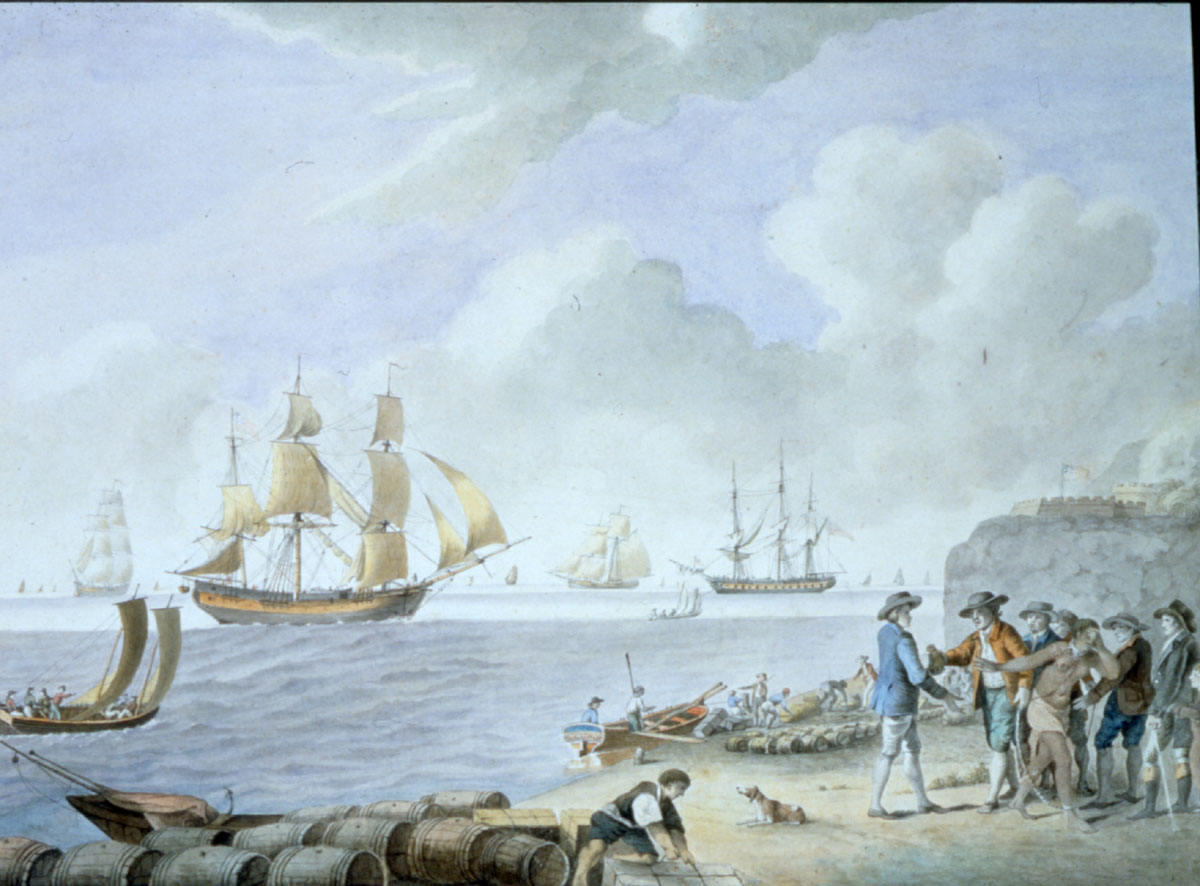Slavery and Comparative Literature:
Themes, Methods, and Historical Reality
Info about event
Time
Location
Store sal, Kasernen, Langelandsgade 140, Aarhus University
Organizer

Program
9.30-9.45: Welcome (Frits Andersen, Director of Reading Slavery)
9.45-11.00: Madeleine Dobie (Columbia University):
“The Comparative Literature of Slavery”
This talk takes as its point of departure a recently finished bibliography on slavery, colonization, and literature made for the Oxford University Press. The talk contains a reflection on some of the categories, themes, and disciplinary lenses that are being brought to bear on slavery as a cross- regional literary phenomenon.
11.00-11.15: Break
11.15-12.30: Susan Maslan (Berkeley University):
"Slavery and the Politically Unfree" (preliminary title)
Chair: Karen-Margrethe Simonsen
Background
This one-day seminar is arranged by the collective research project Reading Slavery which started out in February 2015. In this research group, we argue that colonial slavery has been absent from most literary histories – including the Danish ones – until recently for two main reasons:
Firstly, slave trade transcends the national borders within which literary history has traditionally been written. The effect of this is that the cultural consequences of slavery are often visible only in a transnational perspective, transcending the Atlantic and the North/South divide.
Secondly, slavery has been difficult to grasp in literary histories because the existing accounts of slavery are most often found in types of text that are seen to be on the border of or outside the realm of literature: oral tales, travel accounts, missionary statements, and legal and mercantile documents.
Through the application of a broad and open notion of literature, and by delving into “the great unread,” we study the slavery related connections, displacements, and discontinuities that have often gone unnoticed. Theoretically and, more importantly: practically, we aim to develop a new understanding of the idea of ‘comparison’ in comparative literature; an idea that lies in continuation of recent discussions within the field. In other words, we study slavery within a broad frame to better understand the different kinds of slavery and their impact on literary history.
For questions, please contact Karen-Margrethe Simonsen (litkms@dac.au.dk) or Jonas Ross Kjærgård (kunsjrk@dac.au.dk)![]()
